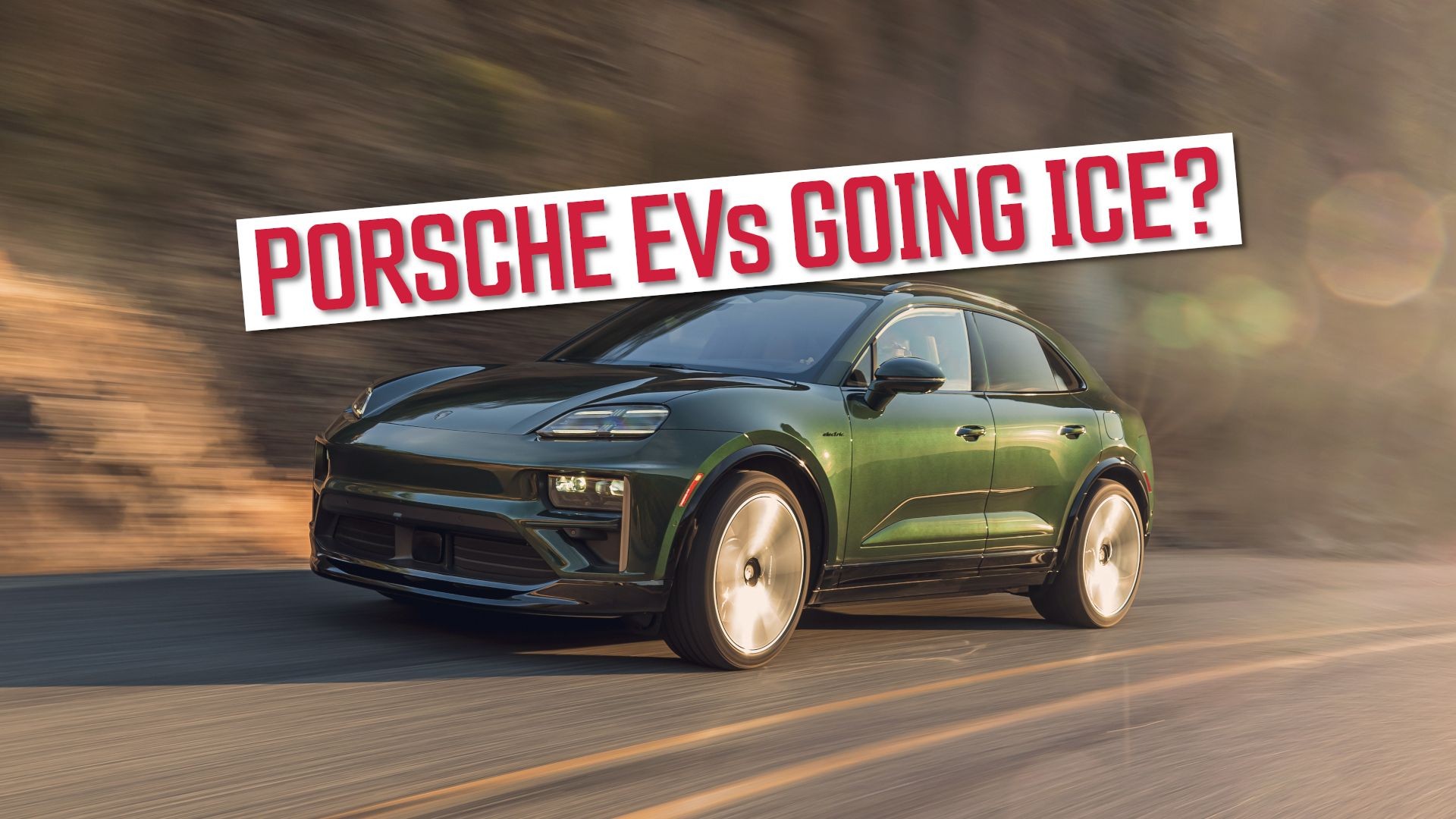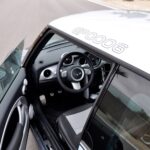Porsche’s ambitious foray into the electric vehicle market is encountering headwinds, leading to a significant strategic pivot. The highly anticipated Porsche K1, a planned all-electric three-row SUV slated for a 2027 launch, is now reportedly being re-evaluated to potentially include a gasoline engine option. This move signals a major shift for the German automaker as it grapples with slower-than-expected EV adoption and evolving market dynamics.
K1’s Original Electric Path and the Platform Rethink
Originally conceived as a flagship electric SUV positioned above the Cayenne, the Porsche K1 was intended to ride on Volkswagen Group’s dedicated Scalable Systems Platform (SSP), an architecture exclusively designed for electric vehicles. However, recent reports indicate that Porsche engineers are actively exploring solutions to incorporate a combustion engine into the K1.
This potential change could necessitate a significant overhaul of the K1’s development. One option being considered is leveraging the platform of the existing Porsche Cayenne and extending it to accommodate a three-row, gasoline-powered SUV. Such a drastic alteration could lead to delays in the K1’s launch timeline as Porsche re-engineers the vehicle to adapt to this new powertrain direction.
 Porsche Logo and Car Image: Illustrating Porsche's Brand and Vehicle Design
Porsche Logo and Car Image: Illustrating Porsche's Brand and Vehicle Design
Sluggish EV Sales and the Dominant China Market Factor
The impetus behind this strategic re-evaluation stems from a notable downturn in Porsche’s electric vehicle sales. Specifically, sales of the Porsche Taycan have reportedly plummeted by 52% in Europe over the past ten months. Furthermore, overall sales in China, a crucial market for Porsche, have experienced a significant 29% decrease in the first three quarters of 2024.
Porsche attributes this sales slump, particularly in China, to intense price competition. According to Porsche CFO Lutz Meschke, premium gasoline-powered vehicles in the €70,000-€80,000 range are now competing with Chinese electric vehicles, which are aggressively priced around €30,000 and offer compelling features. This price disparity makes it challenging for Porsche’s higher-priced EVs to gain traction in the Chinese market.
Broader Implications for Porsche’s EV Strategy and Lineup
The potential addition of a gasoline engine to the Porsche K1 reflects broader challenges within Porsche’s electric vehicle strategy. Delays have already plagued other EV models, such as the electric Macan, further compounding the automaker’s difficulties in the rapidly evolving EV landscape. Simultaneously, older Porsche models face regulatory hurdles, including new EU cybersecurity directives, pushing Porsche into a complex situation.
Reports suggest that by mid-2025, only the 911, Panamera, and Cayenne will retain gasoline engine options in Porsche’s lineup, underscoring a significant shift towards electrification that now appears to be facing a recalibration. This period of uncertainty points towards substantial strategic adjustments and a potentially turbulent year for Porsche as it navigates these evolving market dynamics and seeks to refine its approach to both electric and combustion engine vehicles.
 Porsche Macan Electric May Go ICE: Indicating Porsche's Potential Shift Towards ICE for Electric Models
Porsche Macan Electric May Go ICE: Indicating Porsche's Potential Shift Towards ICE for Electric Models
